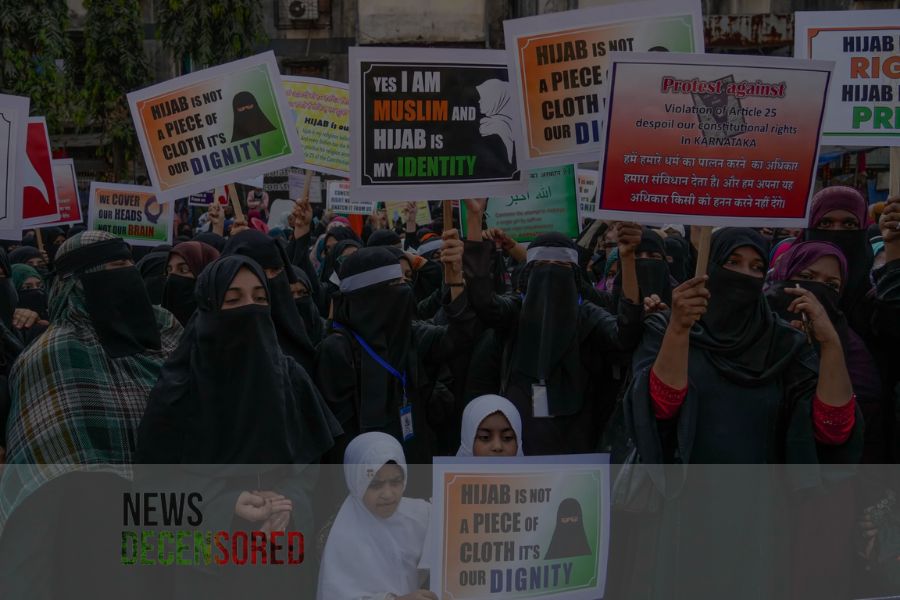In India, where elections often stir up tensions and things can get tense, a dedicated collective is taking on the serious task of combating hate speech. Still, there’s a group of people working hard to stop hate speech as with the rise of divisive rhetoric and inflammatory language during election seasons; they see more and more hateful talk, so to resolve the issue, there is the need for initiatives addressing that has become increasingly urgent for now.
Many activists, volunteers, and concerned citizens, have made it their mission to monitor and counter hate speech across various platforms. They’re watching out for it on social media, public speeches, traditional media outlets and the news. Their efforts promote dialogue, tolerance, and understanding that try to split people based on religion, ethnicity, or politics.
As India gears up for elections, the group is working even harder by recognising the potential impact that hate speech can have on the electoral process, the broader social fabric and how people get along. Their work involves not only identifying instances of hate speech but also engaging with individuals and communities to make sure everyone respects each other and gets along.
One of the key challenges the collective faces is that a lot of hate speech is circulating in the public domain. From derogatory remarks targeting specific communities to misinformation campaigns, a ton of stuff is just plain rude. Despite all these challenges, it’s hard to keep track of them because they are using technology, talking to communities, and getting help from the law to fight hate speech the best they can.
The group believes that regular people working together can make a big difference and create a power of grassroots activism and community mobilisation. They can make friends across different communities by working closely with local organisations, religious leaders, and youth groups. Through workshops, seminars, and awareness campaigns, they seek to empower individuals to stand up to hate speech and to make everyone feel welcome, no matter who they are.
The group also thinks it’s really important to make sure people understand the importance of holding perpetrators of hate speech accountable for their actions who say hateful things are held responsible for what they do. They advocate for the enforcement of existing laws against hate speech and support legal action against anyone who tries to make people fight or treat them unfairly.
But they also know that hate speech comes from bigger problems like social inequality, economic marginalisation, and political polarisation, so they think we must also fix those things.
As India navigates the complex challenges of democracy and diversity, where there are many different people and ideas, groups like this one are super important and play a crucial role in safeguarding the values of pluralism, secularism, and social harmony.
In India, where there are many different people and ideas, groups like this are super important. They help keep things fair and friendly by getting everyone to talk and understand each other better and contributing to creating a more inclusive and equitable society.
In conclusion, the collective’s tireless efforts to combat hate speech represent a vital contribution to India’s democratic fabric, which is realrtant for India’s democracy and its goal of fairness for everyone. Through their commitment to dialogue, advocacy, and community engagement, they’re showing us a better way to live together, where we celebrate our differences instead of reasons to fight.















